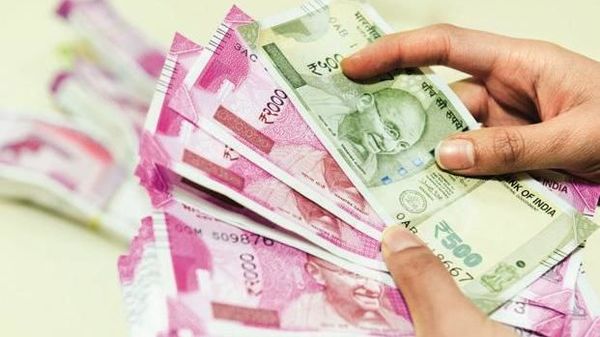Do recurring investment for yearly goal
I retired at the age of 65. Now there is no contribution to my Employees’ Provident Fund (EPF) account. Will my account continue to earn interest as declared from time to time?
—R.K. Gupta
Employees typically rely on EPF to build their retirement corpus. With years of contribution both by the employer and the employee and along with the interest, and the benefit of compounding which works in favour of the investor, a sizeable corpus is built. On top of that, the tax-free status given to EPF makes it an attractive investment option, making an investor wanting to continue for long.
As the EPF account continues to earn interest whether you are employed or not, most investors just continue with the same.
If the PF corpus is not withdrawn after retirement, the account will become inoperative after three years and no interest will be paid. Also, the interest earned post retirement will become taxable in case there is no fresh contribution made to the account, thereby diminishing the returns net of taxes.
I earn ₹2 lakh a month and my husband’s business generates close to ₹1 crore per month (my husband takes home ₹20 lakh every month). We want to invest systematically for our luxurious vacation ( ₹40 lakh a year) and buying a car. Please advise.
—Amitha Shetty
The goal of vacation being short-term in nature—every year—there is a need to do a recurring investment. You can start monthly investment via SIP (systematic investment plan) in an ultra-short term debt fund for ₹3.25 lakh per month which will create a corpus of ₹40 lakh at the end of the year. This can be done on a recurring basis. Subject to how much you need per annum, the corpus can be redeemed accordingly.
Similarly, you can start a monthly investment for the purchase of a car. However, if the car is to be used for business purposes, your husband may consider taking a car loan in the name of his company to claim business expenses and the surplus funds then can be invested in a long-term equity asset class via mutual funds for creating long-term wealth.
[“source=livemint”]





